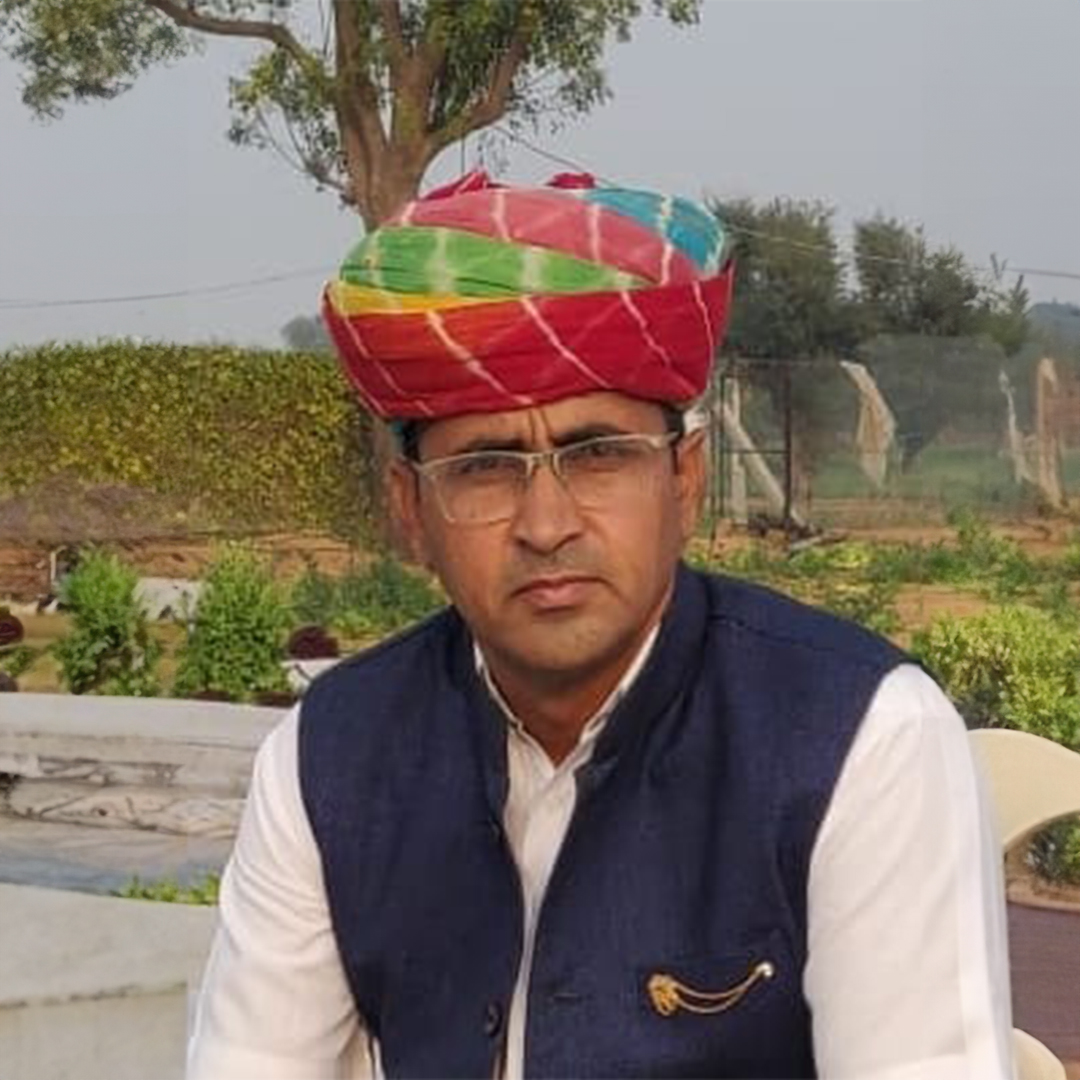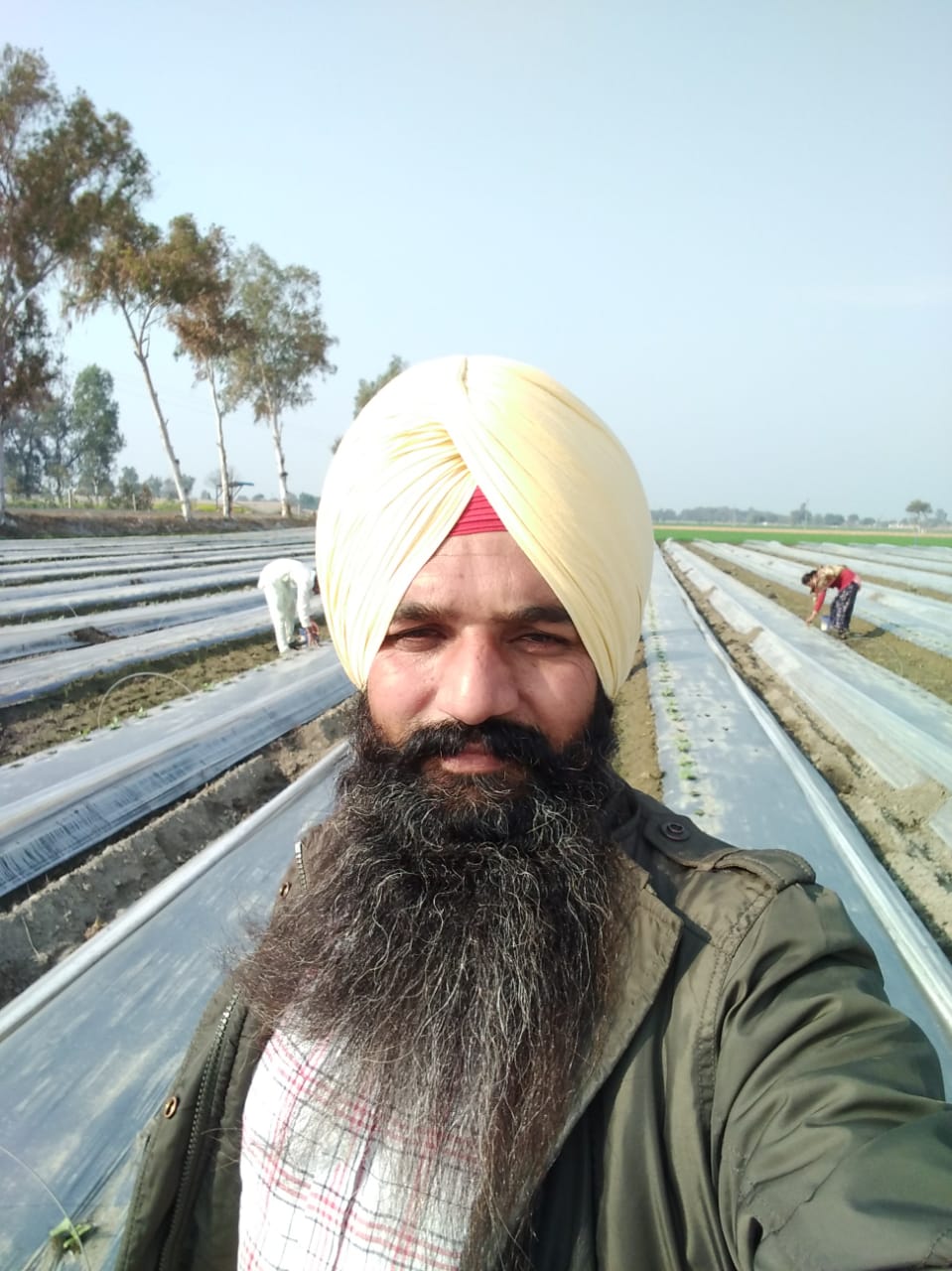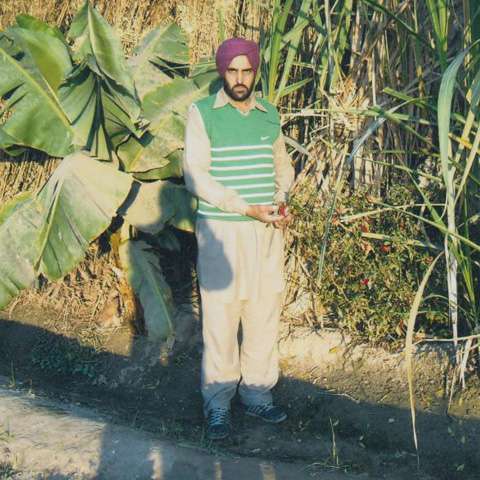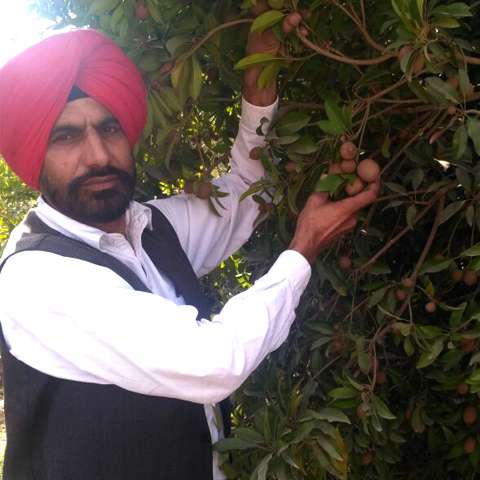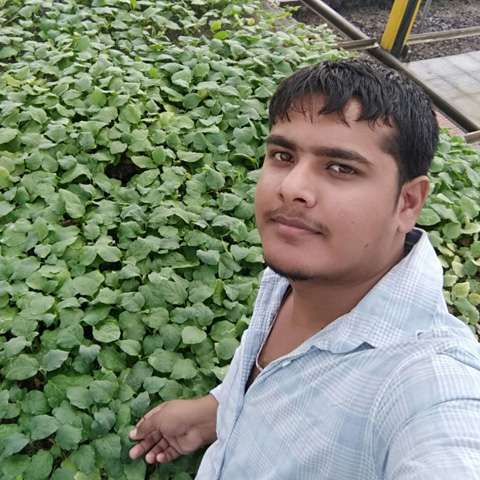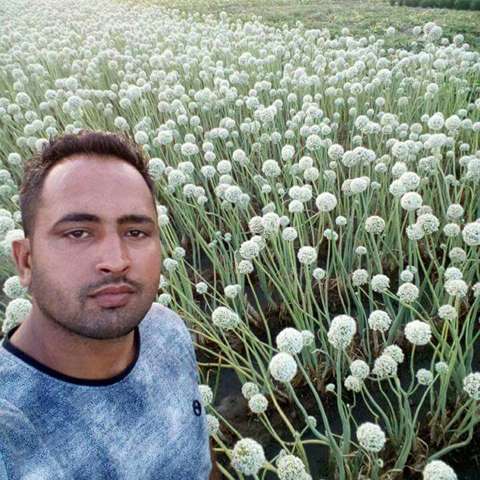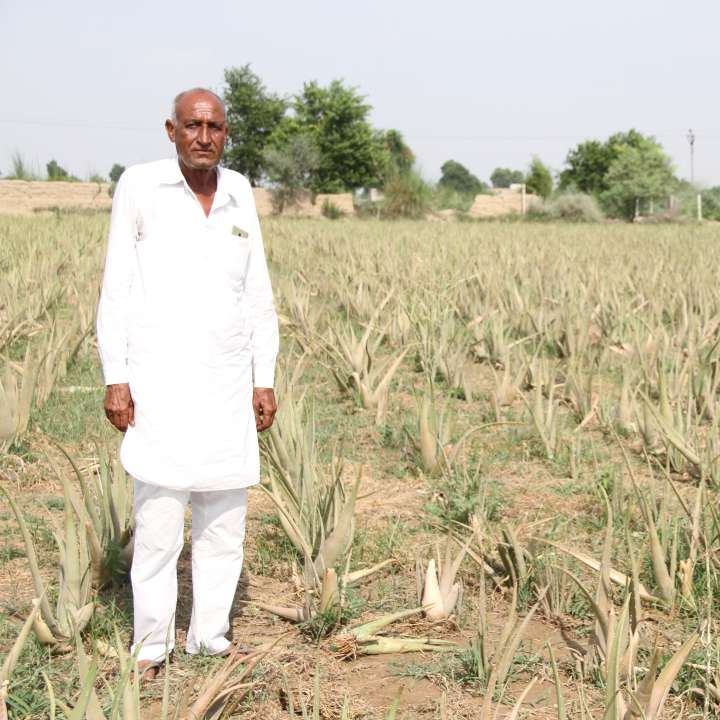Gangaram: A Journey from Education to Sustainable Farming
In the serene village Kalakh of Jaipur, Rajasthan, nestled amidst the landscapes of India, Mr. Gangaram embarked on a remarkable journey of transformation, transitioning from a career in education to becoming a staunch advocate for sustainable farming practices. His story is a testament to his unwavering commitment to promoting organic farming and fostering a culture of agricultural research and innovation in his community.
Before dedicating himself entirely to farming, Mr. Gangaram owned a school in his village from 2000 until 2016. In 2018, he handed over the reins to his brother to pursue his lifelong passion for agriculture. Recognizing the importance of knowledge sharing, Gangaram actively encourages trainees from various universities to visit his farm, providing them with valuable insights into sustainable farming practices.
Gangaram’s journey into organic farming was fueled by a pivotal moment in 2012 when he read an article about the hazardous chemicals sprayed on crops in Punjab, leading to health issues. This revelation ignited his determination to pursue organic farming and promote chemical-free agriculture. In 2016, a visit to Mini Israel in Jaipur further solidified his commitment to farming by witnessing the success of over 500 polyhouses.
On August 28, 2017, Gangaram commenced his journey into polyhouse farming, having received training and guidance from experts in the field. He conducted extensive research, consulting with his family, who shared his agricultural background, before venturing into farming. Continuously seeking to enhance his knowledge and expertise, Gangaram emphasizes, “I took various pieces of training and to date don’t miss a chance of learning about farming.”
Gangaram’s dedication to sustainable farming extends beyond the boundaries of his polyhouse. He also breeds fish, raises Avishan sheep (10 for meat), and maintains a dairy farm with three Gir cows and five Murrah buffaloes. Currently, his polyhouse spans three acres, with a fourth acre under development. Overall, he supervises 15 bighas of land shared with his two brothers. While all of his farming practices are organic, the polyhouse requires the occasional use of WSf and Biohouse chemicals.
One of Gangaram’s unique features is his direct interaction with consumers. He sells strawberries directly to visitors and offers a wide variety of vegetables at local markets. Additionally, he supplies his produce to Kissan Mela, ensuring that his fresh and organic products reach a broader audience.
Gangaram’s commitment to education is evident as he welcomes two batches of students from SKN Unit City who are pursuing B.Sc as part of the RAWE program. His farm serves as an experiential learning platform, offering hands-on exposure to sustainable farming practices.
Gangaram’s remarkable journey has not gone unnoticed, earning him a series of prestigious awards and recognitions. In 2019, he was honored with the JB Kheti Award at the state level. In 2021, he was recognized as an innovative farmer by IARI, Delhi. He continued to receive accolades, including the Pandit Din Dayal Upodaya Karsi Award in 2021 and the IARI Fellow Award on February 9, 2022.
Looking to the future, Mr. Gangaram envisions expanding his sheep production by exploring more breeds and implementing sustainable practices. His relentless pursuit of knowledge, coupled with his dedication to sustainable farming, makes him a true trailblazer in the field of agriculture. Gangaram’s story serves as an inspiring example for individuals seeking to make a meaningful impact in their communities through sustainable and organic farming practices.


